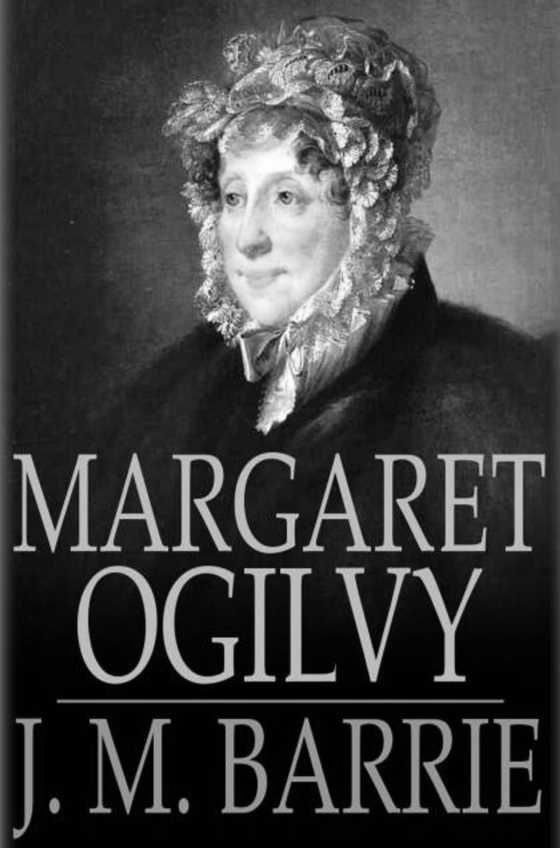 >Having just read The Little White Bird and Peter Pan, it struck me that there may have been a little more to the characters than at first appears.
>Having just read The Little White Bird and Peter Pan, it struck me that there may have been a little more to the characters than at first appears.
The character of Peter Pan was based on James’ brother, David, who died aged 13 (so never grew up), leaving the 6 year old James having to try and fill his shoes for his mother. So it made me wonder who Hook was based on. At first i thought Hook represented the parents but having read this book i’ve totally had a change of mind.
I suppose the clue is in Hook’s first name, also James. The hand that gets cut off by Peter, a metaphor for the part of James’ childhood, and life, that was taken from him the day his brother died. The hand is then fed to the ticking crocodile that follows Hook around wanting to consume the rest of him because it likes the taste — so is this another metaphor concerning the inevitable ticking clock of life, and that James felt the loss of his brother was continuously haunting and wanting to consume more of him and his family?
Then there’s Wendy, which having read this book cannot be based upon anyone other than Margaret Ogilvy herself. He mentions in the book how after his brother died, other local women who lost children would come to her to talk. Again, Wendy and the lost boys — the lost boys representing the children of the other women who went to join his brother David in heaven (Neverland).
But all that aside, this book was a heartfelt view into James’ home life and very much his relationship with his mother — who he obviously cared about immensely — and is an absolute must read for all fans of J.M. Barrie’s writing. The book also covers James’ early literary career and what made him want to become a writer. So a very worth while read.
So what’s next? After 3 books in a row, i’ll be taking a literary break away from Peter Pan, Neverland and J.M. Barrie as i’ve got a load of books on “The Pile” nagging to get read. But i’ll definitely be coming back to these three topics in my reading in the not too distant future.
Some more “Peter Pan and Neverland” books.

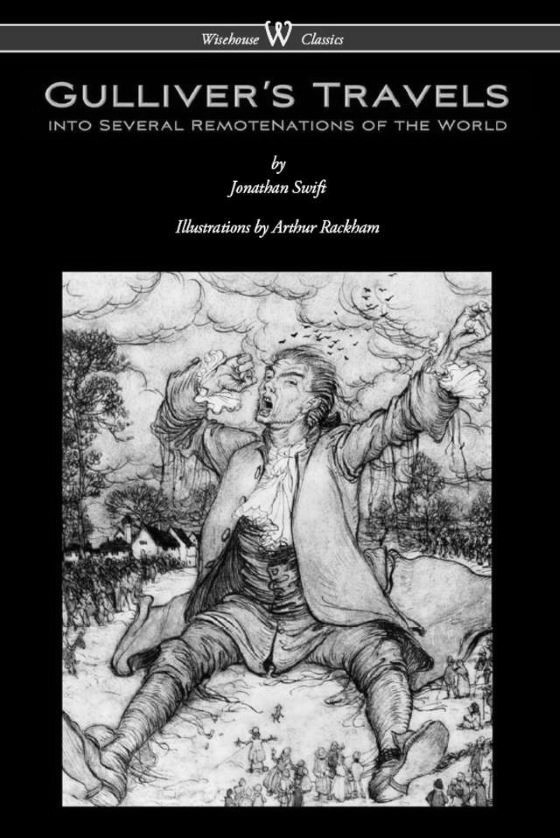 I decided to read this after reading
I decided to read this after reading 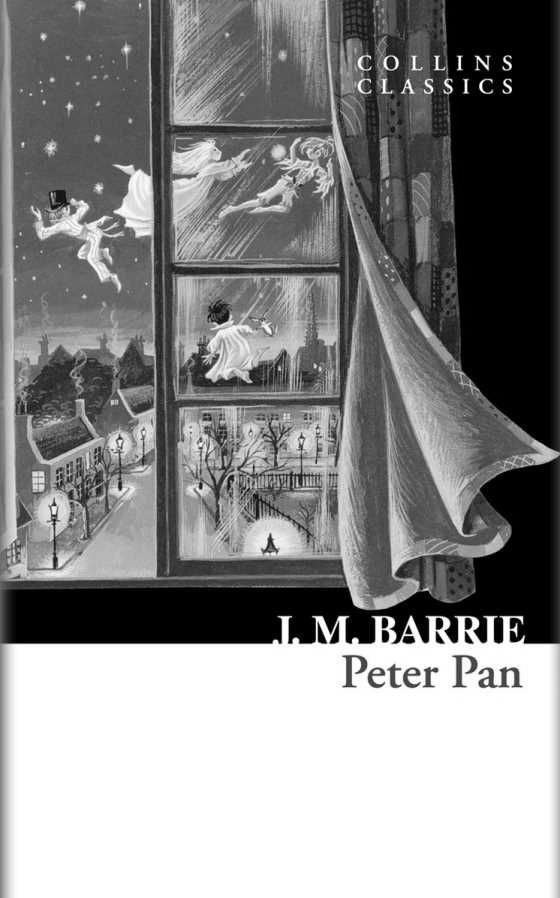 I’m quite confused by this story.
I’m quite confused by this story.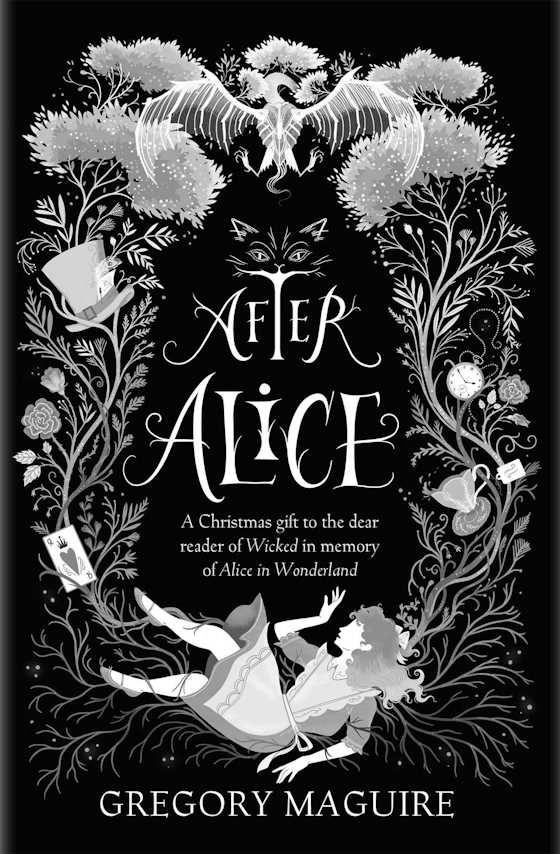 Reading other reviews one finds a lot of complaining about Gregory’s lexicon. While i can agree that Gregory does have a rather outdated lexicon, i think those who wrote those reviews are very much missing the point of Gregory’s writing. The Wonderful Wizard of Oz and
Reading other reviews one finds a lot of complaining about Gregory’s lexicon. While i can agree that Gregory does have a rather outdated lexicon, i think those who wrote those reviews are very much missing the point of Gregory’s writing. The Wonderful Wizard of Oz and 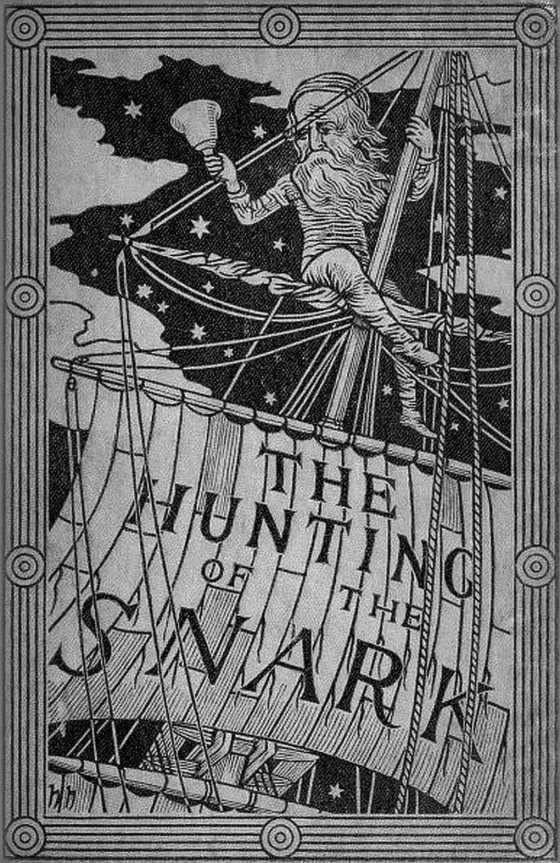 The last of the 4 books in the Alice series. Although it’s not actually about Alice because Carroll had stopped chasing after Alice Lidell at this point in time because Alice had grown tall. He had moved onto another young girl, i believe her name was Gertrude. So one wonders what he alludes to with the word, “Snark”.
The last of the 4 books in the Alice series. Although it’s not actually about Alice because Carroll had stopped chasing after Alice Lidell at this point in time because Alice had grown tall. He had moved onto another young girl, i believe her name was Gertrude. So one wonders what he alludes to with the word, “Snark”.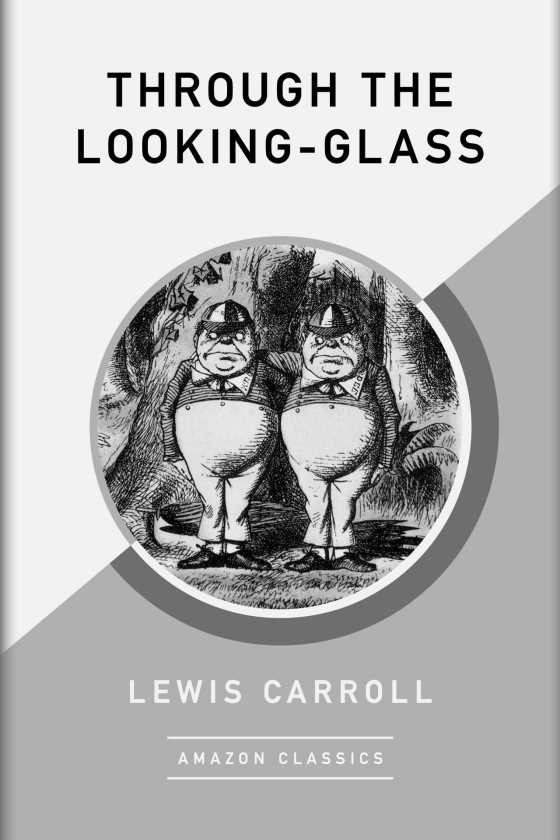 >As much as these are wonderful stories, if we just take them as stories, the tale behind them is, i think, a rather dark and disturbing one.
>As much as these are wonderful stories, if we just take them as stories, the tale behind them is, i think, a rather dark and disturbing one. I’m having an Alice binge at the moment and decided i needed to go back to the very beginning of the story to see how it came about.
I’m having an Alice binge at the moment and decided i needed to go back to the very beginning of the story to see how it came about.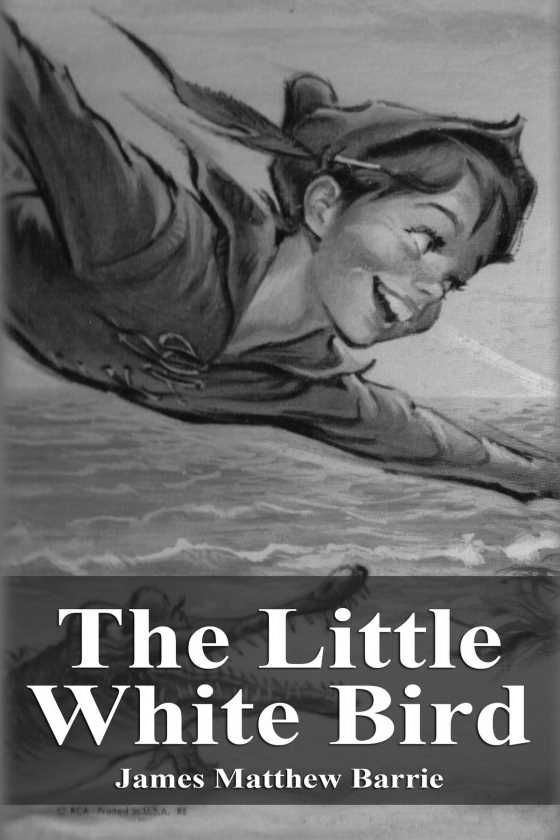 This is the very book wherein Peter Pan makes his first appearance. The parts within that include Peter Pan were later published as Peter Pan in Kensington Gardens which is not to be confused with the full Peter Pan story, which was subsequently published as Peter and Wendy or later, just simply,
This is the very book wherein Peter Pan makes his first appearance. The parts within that include Peter Pan were later published as Peter Pan in Kensington Gardens which is not to be confused with the full Peter Pan story, which was subsequently published as Peter and Wendy or later, just simply,